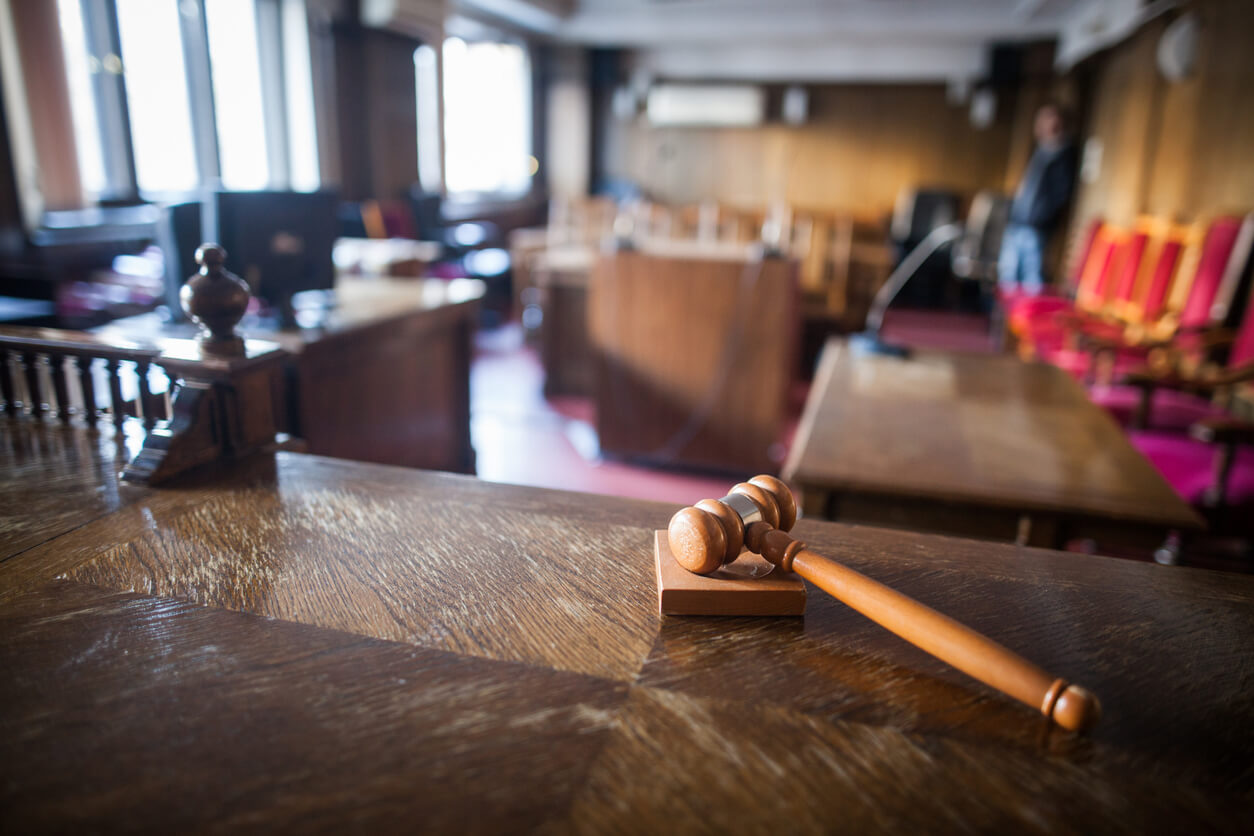“Objection! Hearsay!” Have you heard this shouted in some of your favorite TV legal dramas? Most of us have. What exactly, however, does this mean? Hearsay refers to a central rule of evidence and a complicated one at that. While conversationally, people may refer to hearsay as secondhand information, the implications in the legal world are much deeper than that. Let’s take a deeper look here at what hearsay actually means.
What Is Hearsay?
It can be important to understand hearsay, at least in part, as it can play a central role in the admissibility of key evidence at trial. Statements deemed to be hearsay will be considered inadmissible in court. So, what is hearsay? It is an out-of-court statement used to prove the truth of the matter asserted. Huh? Yes, do not worry. The hearsay rule is confusing and something that law students and lawyers alike have grappled with.
To understand hearsay, it can be important to go back to the reason the hearsay rule exists, the reason why hearsay is often considered inadmissible. The hearsay rule is in place because hearsay can be so unreliable. Statements made under oath in court that can be cross-examined by attorneys are considered to be more reliable than statements made outside of the courtroom where the validity of the statement would be difficult to challenge effectively.
Hearsay comes up when a witness presents evidence of a statement made by someone else that is offered in order to prove the truth of the matter asserted. A statement can be either oral or written. The most complicated part of hearsay to understand is whether the statement is offered to prove the truth of the matter asserted. This means that a statement relayed by a witness may be inadmissible hearsay if offered for one purpose, but not for another purpose. In this situation, the judge will admit the hearsay if offered for a different purpose and instruct the jury accordingly.
Hearsay is seen as problematic because the witness is relaying a statement made outside of court, said by someone else. The reliability of the statement is not something that can be credited to the witness. The reliability of the statement rests with the person who said it, who is not on the witness stand under oath.
As a general rule, as previously stated, hearsay is inadmissible evidence in court. There are, however, a variety of hearsay exceptions where a statement deemed to be hearsay will be admissible in court. If an attorney makes a hearsay objection, a statement is deemed to be hearsay, and there are no applicable exceptions, the judge will not allow the statement into evidence. One of the most significant hearsay exceptions is the party admission exception. With this exception, one side can offer statements made by the opposing party. This remains true even if the opposing party made the statements out of court.
Syracuse Criminal Defense Attorneys
Confused? Yes, hearsay and many other criminal law and rules of evidence tend to send peoples’ minds spinning. Our knowledgeable criminal defense team at CDH law is well versed in the laws and procedures that impact our clients. We use our experience and understanding to fight for them. Contact us today.



